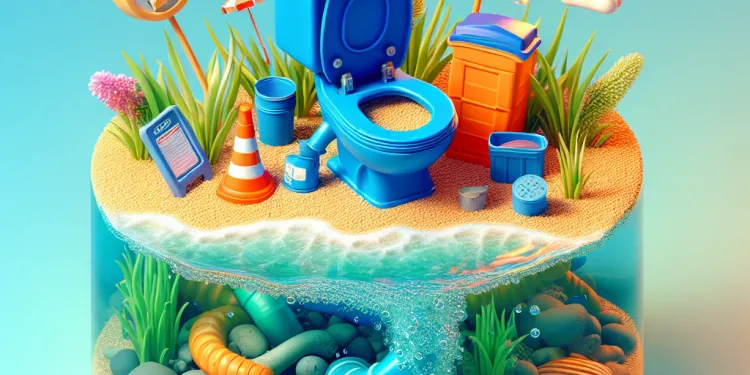
Find Help
More Items From Ergsy search
-
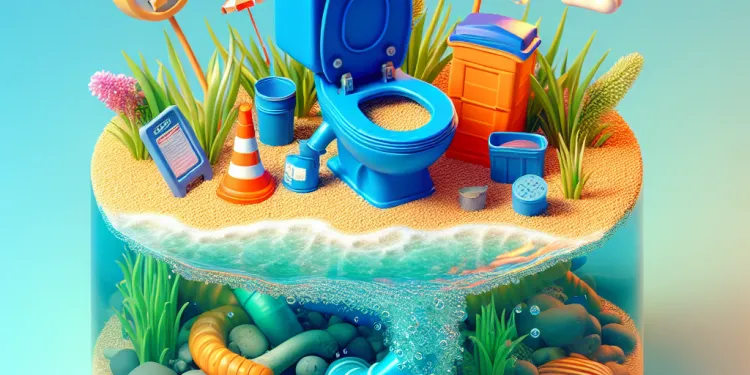
Is sewage a problem on UK beaches?
Relevance: 100%
-
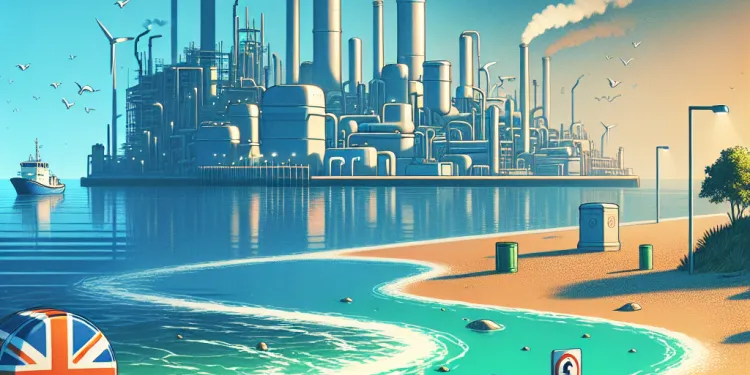
What causes sewage pollution on UK beaches?
Relevance: 91%
-
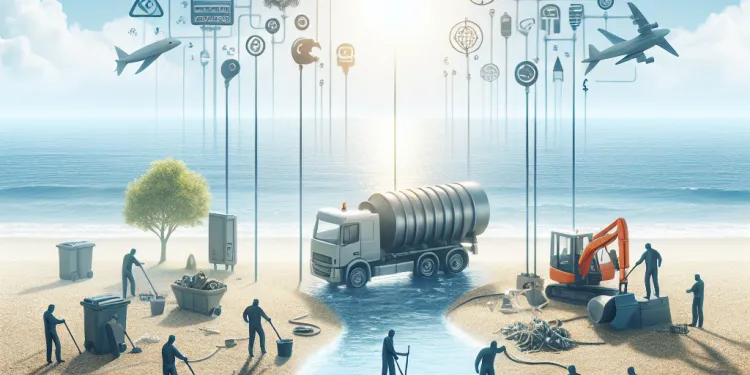
What is being done to address sewage pollution on UK beaches?
Relevance: 88%
-

How can the public find out if a beach has sewage pollution?
Relevance: 82%
-
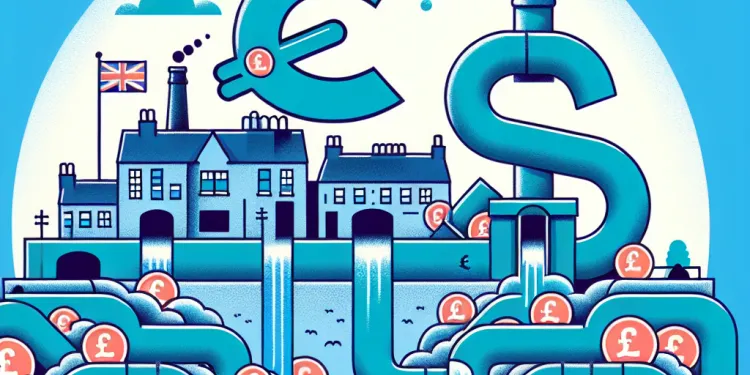
Which UK areas are most affected by sewage pollution?
Relevance: 54%
-
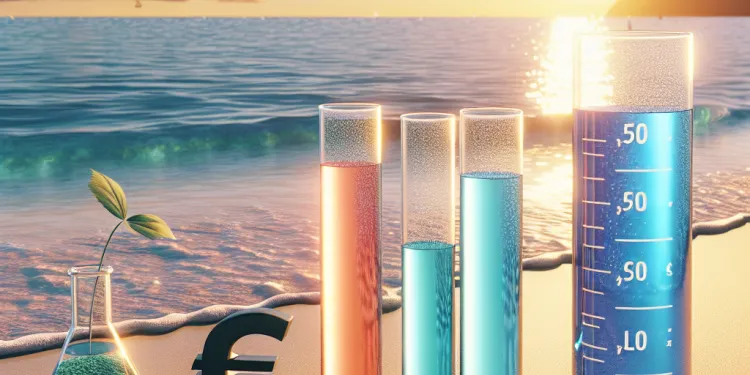
Are some UK beaches rated better for water quality than others?
Relevance: 52%
-
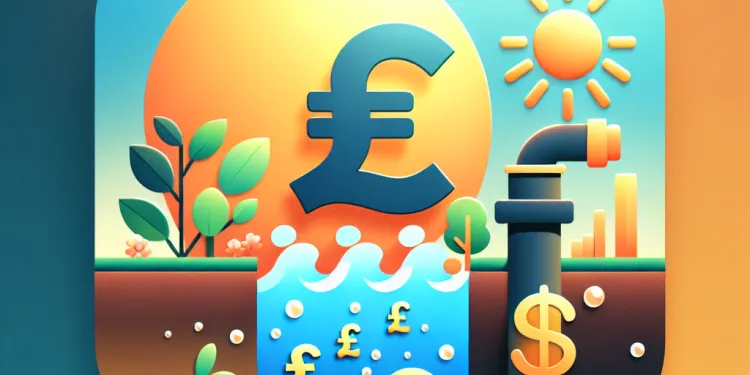
Is climate change affecting sewage pollution levels?
Relevance: 47%
-
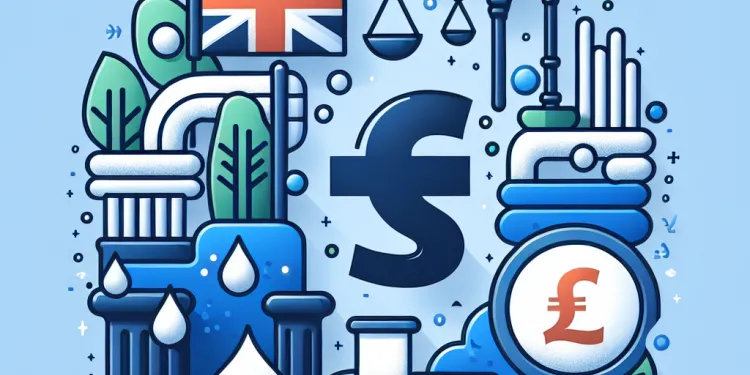
Are there legal guidelines for sewage discharge into UK waters?
Relevance: 44%
-
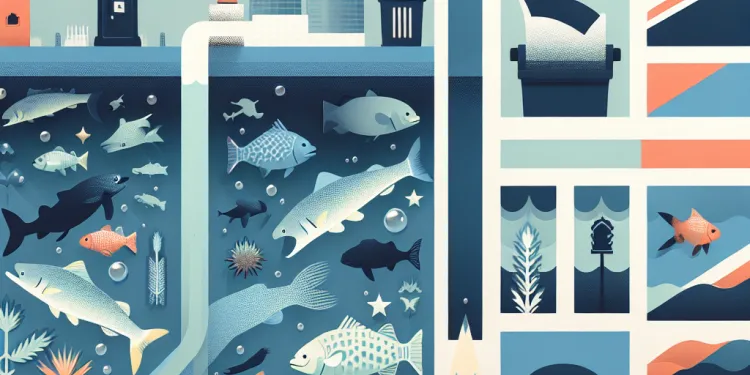
Can sewage pollution impact marine wildlife?
Relevance: 43%
-
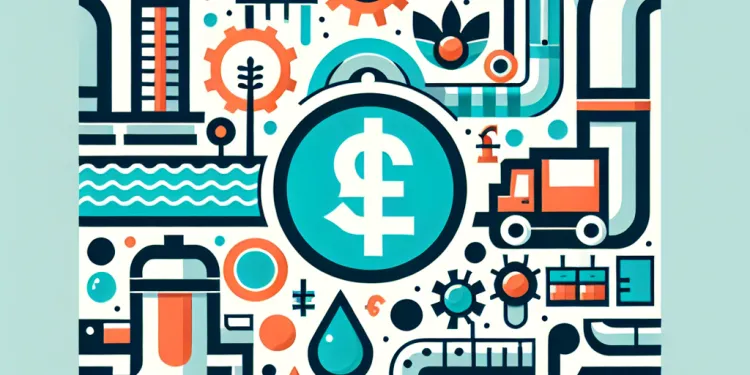
What agencies monitor and regulate sewage pollution in the UK?
Relevance: 43%
-
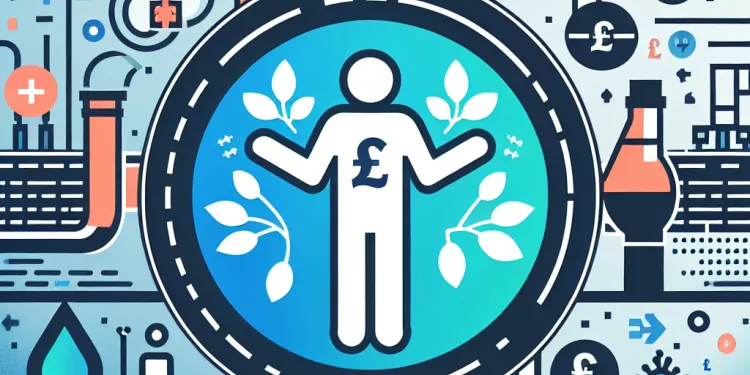
How does sewage pollution affect public health?
Relevance: 42%
-

What role do water companies play in sewage pollution?
Relevance: 42%
-
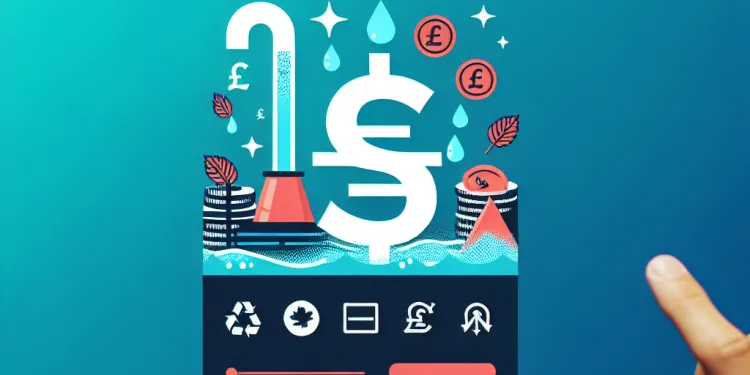
How can individuals help reduce sewage pollution?
Relevance: 42%
-
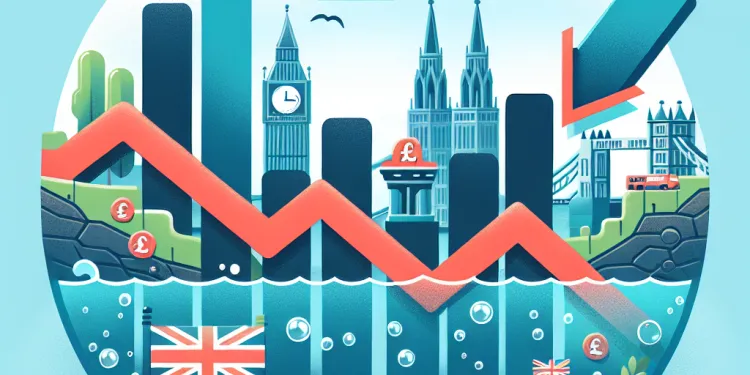
Has sewage pollution in the UK improved over recent years?
Relevance: 42%
-
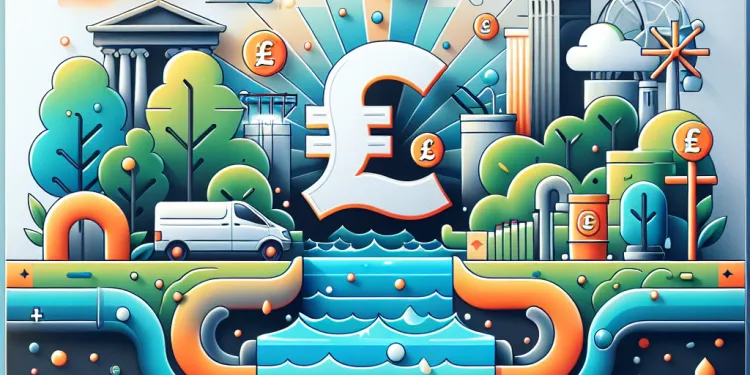
What is a Combined Sewer Overflow (CSO)?
Relevance: 16%
-

What SPF level is recommended to prevent sunburn?
Relevance: 11%
-

How can water become contaminated with E. coli?
Relevance: 9%
-

Are you allowed to scatter ashes anywhere?
Relevance: 9%
-
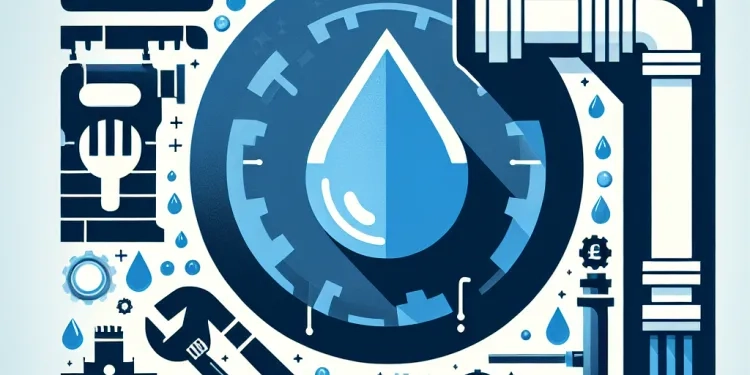
What are common signs of leaks in water infrastructure?
Relevance: 8%
-

Why is infrastructure maintenance important?
Relevance: 8%
-

What are the rules regarding smoking?
Relevance: 8%
-

Are water companies responsible for maintaining water infrastructure in the UK?
Relevance: 8%
-
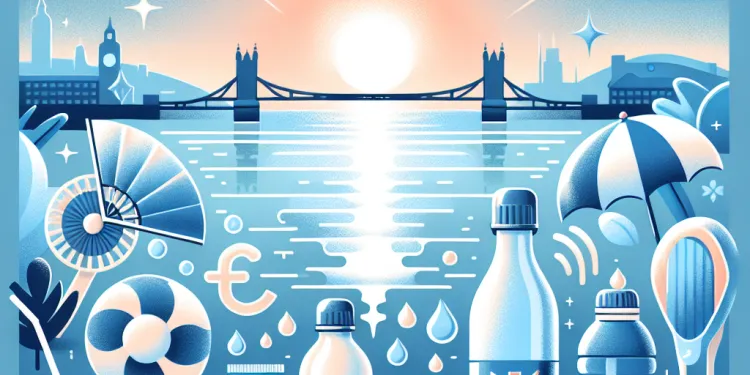
What activities should I avoid during a heatwave?
Relevance: 7%
-

What SPF is best for children?
Relevance: 7%
-
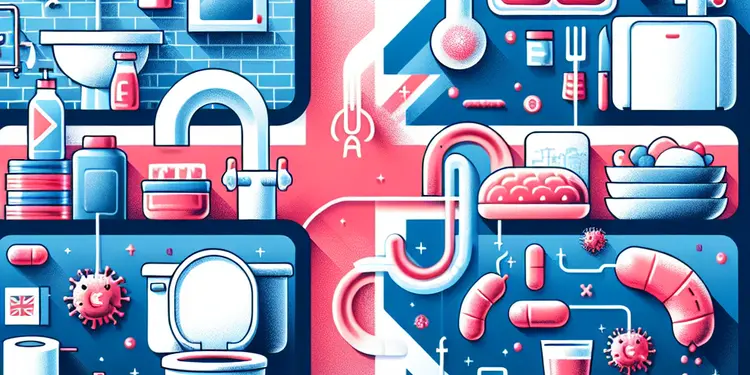
Where is E. coli commonly found?
Relevance: 7%
-

Does water reflect UV rays, increasing the risk of sunburn?
Relevance: 7%
-

Which factor sunscreen should I use?
Relevance: 7%
-
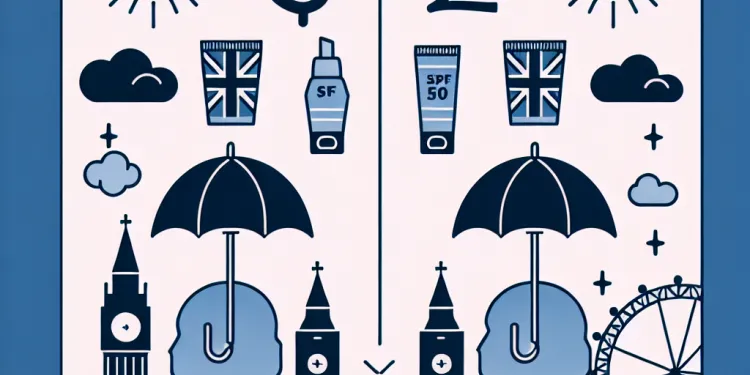
How does sunscreen with SPF 20 compare to SPF 50?
Relevance: 7%
-

Which sunscreen should I use?
Relevance: 7%
-

How old is the water infrastructure in the UK?
Relevance: 6%
-
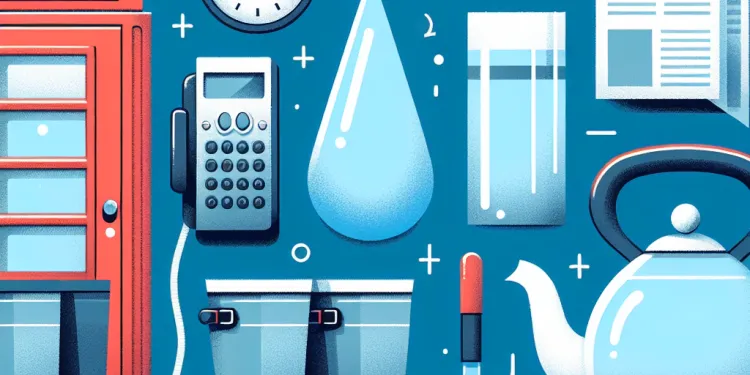
Which UK water companies are going to refund their customers?
Relevance: 6%
-
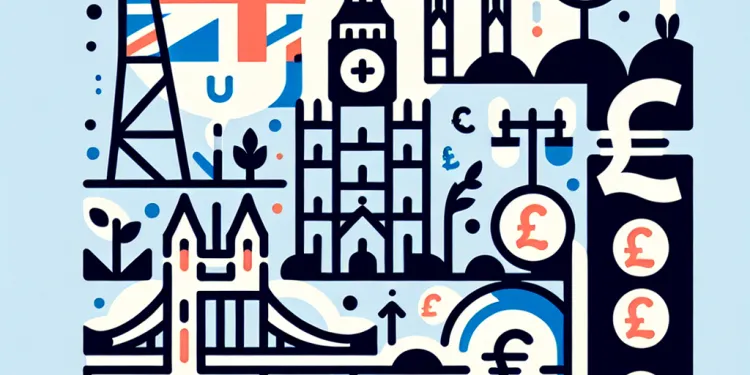
How many UK water companies are involved in the refund process?
Relevance: 6%
-

Will all customers of these UK water companies receive refunds?
Relevance: 6%
-
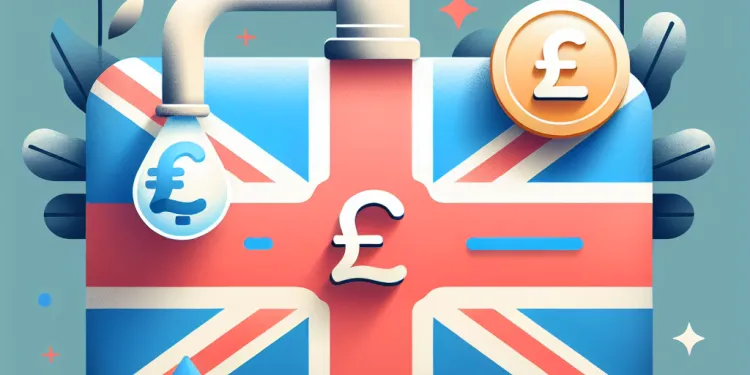
Who regulates water companies in the UK?
Relevance: 6%
-

How do water companies fund infrastructure updates?
Relevance: 6%
-

What does water infrastructure maintenance involve?
Relevance: 6%
-
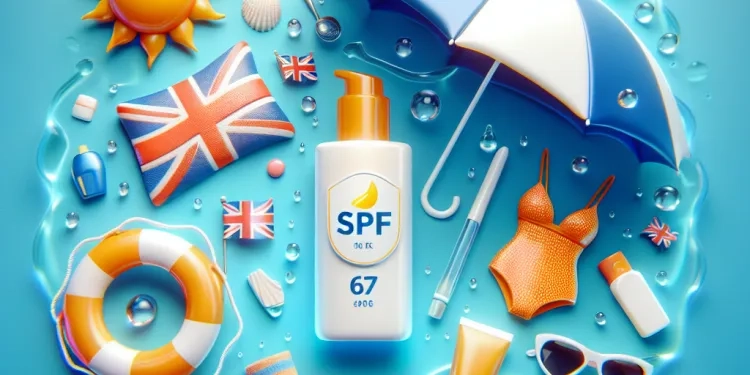
Do I need a different SPF for water-related activities?
Relevance: 4%
-

Are E.coli and E coli and ecoli the same thing?
Relevance: 3%
-
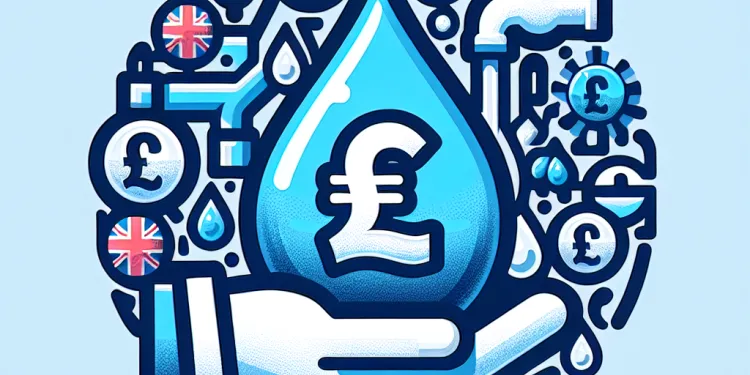
Can individual actions significantly impact overall water loss?
Relevance: 3%
Sewage: A Growing Concern for UK Beaches
The presence of sewage in the waters surrounding UK beaches is an increasingly visible and problematic issue. This issue affects not only the health of the marine ecosystem but also the safety and enjoyment of beachgoers. Understanding the implications and causes of beach sewage pollution can help communities advocate for better infrastructure and environmental management.
Sources and Impact of Sewage Pollution
Sewage pollution on UK beaches primarily arises from outdated sewage systems and overflow events. Heavy rainfall can overwhelm sewer systems, leading to the discharge of untreated sewage directly into rivers and coastal waters. Agricultural runoff containing manure and fertilizers also contributes to this problem. The impact of this pollution can be severe, including threats to marine life, contamination of seafood, and public health risks through exposure to harmful bacteria and viruses. For instance, E. coli and norovirus are common concerns when sewage is present in recreational waters.
Environmental and Economic Consequences
Polluted beaches can lead to significant environmental degradation, affecting marine biodiversity and disrupting fragile ecosystems. The visual and olfactory pollution from sewage can also deter tourism, which is a crucial economic driver in many coastal communities across the UK. Beach closures due to contamination can lead to financial losses for local businesses reliant on visitors, from cafes to water sports rentals.
Efforts and Solutions to Combat Sewage Pollution
Efforts to address sewage pollution on UK beaches involve improving infrastructure and adopting more stringent regulations. Upgrading wastewater treatment facilities and enhancing stormwater management systems are vital steps. Initiatives such as the Blue Flag programme also promote cleaner beaches by setting high environmental standards for water quality. Public awareness campaigns can encourage more responsible waste disposal and support for environmental protection measures.
Your Role in Protecting UK Beaches
As residents and visitors, individuals can play a role in improving beach health by supporting local clean-up efforts, participating in citizen science projects like monitoring water quality, and advocating for policy changes aimed at reducing sewage pollution. By fostering a collective commitment to cleaner beaches, the UK can ensure safer, more enjoyable coastal environments for future generations.
Sewage: A Big Problem for UK Beaches
Sewage is dirty water that can be seen in the sea near UK beaches more and more. This is a big problem. It is bad for sea animals and plants, and it can be unsafe for people who want to enjoy the beach. Learning why sewage is a problem can help people ask for better systems to keep beaches clean.
Where Sewage Pollution Comes From and What It Does
Sewage pollution on UK beaches mostly happens because of old pipes and heavy rain. When it rains a lot, dirty water can end up in rivers and the sea. Farms can also add to the problem when manure and plant food wash into the water. This pollution can be very bad. It can hurt animals and make seafood unsafe to eat. People can get sick if they touch or swim in polluted water, with germs like E. coli and norovirus causing worries.
Problems for Nature and Money
Dirty beaches can harm the environment and make it hard for sea animals and plants to live. Sewage on beaches can look and smell bad, which might stop tourists from visiting. This is a problem because tourism brings money to places near the beach. If beaches have to close because of pollution, local businesses like cafes and shops might lose money.
What We Can Do to Stop Sewage Pollution
To fix the sewage pollution problem, we need to make better pipes and rules. Fixing places that clean sewage and managing rainwater better are important steps. Programs like Blue Flag help make sure that beaches are clean and meet high standards. Telling people about how to take care of beaches can also help.
How You Can Help UK Beaches
Everyone can help keep beaches clean. You can join beach clean-up days and check how clean the water is. You can also ask for rules that stop sewage pollution. By working together, we can make sure beaches are safe and fun for everyone, now and in the future.
Frequently Asked Questions
Is sewage pollution a problem on UK beaches?
Yes, sewage pollution is a significant problem on many UK beaches, impacting water quality and public health.
What causes sewage pollution on UK beaches?
Sewage pollution is often caused by storm overflows, when heavy rainfall causes the sewer systems to release excess untreated sewage into the sea.
How does sewage pollution affect public health?
Sewage pollution can lead to waterborne illnesses such as gastroenteritis, ear infections, and skin rashes among swimmers and beachgoers.
Which UK areas are most affected by sewage pollution?
Coastal areas in the South West, North West and parts of Wales often experience higher levels of sewage pollution, particularly after heavy rainfall.
What is being done to address sewage pollution on UK beaches?
Water companies are investing in infrastructure improvements, and there are stricter regulations and monitoring to reduce sewage discharges.
How can the public find out if a beach has sewage pollution?
The Environment Agency provides real-time monitoring of water quality at designated bathing sites, and organisations like Surfers Against Sewage offer alerts.
Are there legal guidelines for sewage discharge into UK waters?
Yes, the UK has legal standards under the Bathing Water Directive and the Urban Waste Water Treatment Directive to regulate discharges.
What role do water companies play in sewage pollution?
Water companies are responsible for sewage management and treatment, and they are required to minimize the environmental impact of their operations.
How can individuals help reduce sewage pollution?
Individuals can help by reducing water waste, properly disposing of waste, and supporting initiatives for better water management policies.
Is climate change affecting sewage pollution levels?
Yes, increased rainfall and flooding caused by climate change can overwhelm sewage systems and lead to more frequent discharges.
Are some UK beaches rated better for water quality than others?
Yes, beaches are regularly tested and rated for water quality, with some receiving 'Excellent' ratings while others may fall below satisfactory levels.
Can sewage pollution impact marine wildlife?
Yes, sewage pollution can harm marine life by introducing harmful pathogens and reducing oxygen levels in the water.
Has sewage pollution in the UK improved over recent years?
While there have been improvements due to regulations and investments, ongoing challenges mean occasional beach closures due to pollution still occur.
What is a Combined Sewer Overflow (CSO)?
CSOs are structures that discharge excess sewage and rainwater into water bodies to prevent urban flooding, often leading to beach pollution.
What agencies monitor and regulate sewage pollution in the UK?
The Environment Agency and DEFRA are key bodies that monitor and regulate water quality and sewage discharges around the UK.
Is dirty water a problem on UK beaches?
Dirty water can make people sick. It can also harm fish and other sea animals. It is important to keep beaches clean and safe.
Here are some things you can do to know more:
- Look for signs on the beach. They tell you if the water is safe.
- Check websites for beach safety news.
- Ask a lifeguard if the water is clean.
Remember, clean water is good for everyone!
Yes, dirty water from toilets and drains is a big problem on many UK beaches. It makes the water dirty and can make people sick.
Why is there dirty water on UK beaches?
Sewage pollution happens when too much rainwater makes the sewers overflow. This means dirty water, called sewage, goes into the sea without being cleaned.
How does dirty water affect our health?
Dirty water can make people sick. It has germs and bad stuff in it.
When this water gets into the places we live (like rivers, lakes, or beaches), it can cause problems. People can get stomach aches, or skin rashes, or other illnesses.
To stay safe, we can make sure our water is clean. We can use filters or boil the water to kill germs.
Sewage pollution can make people sick. It can cause stomach bugs, ear problems, and skin rashes. This can happen to people who swim in the water or go to the beach.
Tools like voice reading apps can help. You can also ask someone to read it with you.
Where in the UK is sewage pollution the worst?
Areas near the sea in the South West, North West, and parts of Wales sometimes have a lot of sewage pollution. This happens more after it rains a lot.
How is sewage pollution on UK beaches being fixed?
People are working to make UK beaches cleaner. Sewage makes beaches dirty and not safe. Here are some ways to fix the problem:
- Cleaning up: Workers clean the beaches and remove rubbish.
- New rules: The government makes rules to stop pollution and keep beaches clean.
- Better pipes: They fix old pipes so sewage doesn’t leak into the sea.
- Technology: Using new tools to watch and control pollution levels.
If you want to know more or help, you can:
- Join local groups: Some groups clean beaches and share ideas.
- Learn online: Use videos and simple guides to understand more.
Water companies are spending money to make things better. They have new rules and checks to make sure less dirty water goes into rivers and the sea.
How can people know if there is dirty water at the beach?
People can find out if the beach has dirty water:
- Ask an adult to look online for beach water quality reports.
- Look for signs at the beach.
- Listen to local news or radio for updates.
- Download a beach water safety app for your phone.
It is important to check so everyone can stay safe and have fun at the beach.
The Environment Agency checks water quality at places where people swim, like beaches. You can find out how clean the water is by looking at their reports. There is also a group called Surfers Against Sewage that sends out warnings if the water is not safe.
Are there rules for putting dirty water into UK rivers and seas?
Yes, the UK has rules to keep water clean. These rules make sure that waste water is cleaned before it goes into rivers and seas.
How do water companies put dirty water in rivers and seas?
Water companies look after how waste is cleaned and managed. They must make sure what they do does not harm the environment.
How can people help stop sewage pollution?
People can help by using less water, throwing away rubbish in the right bin, and supporting plans to take care of water better.
Is the changing climate making water pollution worse?
Yes, more rain and floods from climate change can make sewage systems too full. This can cause them to overflow more often.
Here are some tips to help understand this:
- Use pictures or drawings to explain how sewage systems work.
- Break down information into simple steps.
- Watch videos about climate change and flooding.
Are Some UK Beaches Cleaner Than Others?
Do some beaches in the UK have cleaner water than other beaches?
Some beaches have better water. This means the water is cleaner and safer for swimming.
Tools like pictures or symbols can help understand this better.
Yes, people test the water at beaches to make sure it is clean. Some beaches are really clean, and some are not as clean.
Does dirty water hurt sea animals?
Sewage pollution is bad for sea animals. It brings in germs that can make them sick. It also takes away oxygen from the water, and sea animals need oxygen to live.
Has water pollution from sewage gotten better in the UK recently?
Is water in rivers and oceans in the UK less dirty now because of sewage?
If you find reading hard, try:
- Asking someone to read the question with you.
- Looking at pictures or videos about UK water pollution.
- Using a text-to-speech tool to listen to the question.
Even though things have gotten better because of rules and money spent, sometimes beaches still have to close because of pollution.
What is a Combined Sewer Overflow (CSO)?
A Combined Sewer Overflow, or CSO, happens when too much water goes into sewers. This can happen when it rains a lot.
Sewers are big underground pipes. They carry dirty water and rainwater away.
Sometimes, there is too much water. This can make the sewers overflow.
When this happens, dirty water can go into rivers or the sea.
You can use pictures, videos, or ask someone to help explain.
CSOs are pipes that let extra dirty water and rain go into rivers or the sea. This stops flooding in cities but can make beaches dirty.
Who checks and controls dirty water pollution in the UK?
Here is an easier way to understand the question:
- Who makes sure water stays clean?
- Who stops dirty water from getting into rivers and lakes?
Ways to understand better:
- Ask someone to help read the question with you.
- Use pictures or videos to learn about keeping water clean.
The Environment Agency and DEFRA are important groups. They check and control how clean the water is and how sewage is managed in the UK.
Useful Links
Have you found an error, or do you have a link or some information you would like to share? Please let us know using the form below.
-->
This website offers general information and is not a substitute for professional advice.
Always seek guidance from qualified professionals.
If you have any medical concerns or need urgent help, contact a healthcare professional or emergency services immediately.
Some of this content was generated with AI assistance. We’ve done our best to keep it accurate, helpful, and human-friendly.
- Ergsy carfully checks the information in the videos we provide here.
- Videos shown by Youtube after a video has completed, have NOT been reviewed by ERGSY.
- To view, click the arrow in centre of video.
- Most of the videos you find here will have subtitles and/or closed captions available.
- You may need to turn these on, and choose your preferred language.
- Go to the video you'd like to watch.
- If closed captions (CC) are available, settings will be visible on the bottom right of the video player.
- To turn on Captions, click settings .
- To turn off Captions, click settings again.
More Items From Ergsy search
-

Is sewage a problem on UK beaches?
Relevance: 100%
-

What causes sewage pollution on UK beaches?
Relevance: 91%
-

What is being done to address sewage pollution on UK beaches?
Relevance: 88%
-

How can the public find out if a beach has sewage pollution?
Relevance: 82%
-

Which UK areas are most affected by sewage pollution?
Relevance: 54%
-

Are some UK beaches rated better for water quality than others?
Relevance: 52%
-

Is climate change affecting sewage pollution levels?
Relevance: 47%
-

Are there legal guidelines for sewage discharge into UK waters?
Relevance: 44%
-

Can sewage pollution impact marine wildlife?
Relevance: 43%
-

What agencies monitor and regulate sewage pollution in the UK?
Relevance: 43%
-

How does sewage pollution affect public health?
Relevance: 42%
-

What role do water companies play in sewage pollution?
Relevance: 42%
-

How can individuals help reduce sewage pollution?
Relevance: 42%
-

Has sewage pollution in the UK improved over recent years?
Relevance: 42%
-

What is a Combined Sewer Overflow (CSO)?
Relevance: 16%
-

What SPF level is recommended to prevent sunburn?
Relevance: 11%
-

How can water become contaminated with E. coli?
Relevance: 9%
-

Are you allowed to scatter ashes anywhere?
Relevance: 9%
-

What are common signs of leaks in water infrastructure?
Relevance: 8%
-

Why is infrastructure maintenance important?
Relevance: 8%
-

What are the rules regarding smoking?
Relevance: 8%
-

Are water companies responsible for maintaining water infrastructure in the UK?
Relevance: 8%
-

What activities should I avoid during a heatwave?
Relevance: 7%
-

What SPF is best for children?
Relevance: 7%
-

Where is E. coli commonly found?
Relevance: 7%
-

Does water reflect UV rays, increasing the risk of sunburn?
Relevance: 7%
-

Which factor sunscreen should I use?
Relevance: 7%
-

How does sunscreen with SPF 20 compare to SPF 50?
Relevance: 7%
-

Which sunscreen should I use?
Relevance: 7%
-

How old is the water infrastructure in the UK?
Relevance: 6%
-

Which UK water companies are going to refund their customers?
Relevance: 6%
-

How many UK water companies are involved in the refund process?
Relevance: 6%
-

Will all customers of these UK water companies receive refunds?
Relevance: 6%
-

Who regulates water companies in the UK?
Relevance: 6%
-

How do water companies fund infrastructure updates?
Relevance: 6%
-

What does water infrastructure maintenance involve?
Relevance: 6%
-

Do I need a different SPF for water-related activities?
Relevance: 4%
-

Are E.coli and E coli and ecoli the same thing?
Relevance: 3%
-

Can individual actions significantly impact overall water loss?
Relevance: 3%


